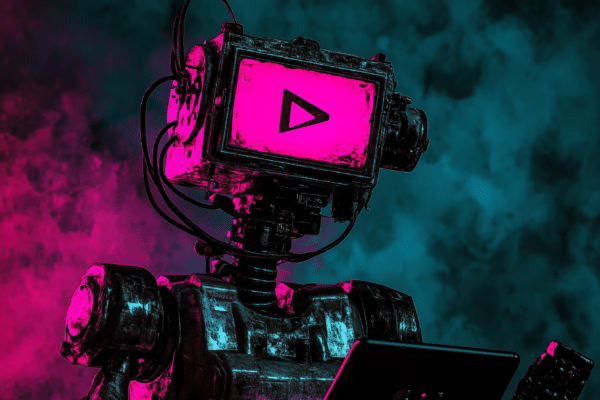In an era where artificial intelligence (AI) creeps into every aspect of business, the appeal of automating hiring processes is undeniable. However, relying entirely on AI for hiring presents significant risks that companies should consider to avoid potential pitfalls.
While the benefits are substantial, the transition to 100% AI-driven hiring requires scrutiny due to inherent dangers that could undermine the very goals HR departments aspire to achieve.
Pitfalls
Algorithm bias: AI systems are not exempt from biases and these are not always the result of explicit programming, but often come from the data on which the AI is trained. For example, if an AI system is fed historical hiring data that reflects past biases, it can replicate these biases going forward, leading to discriminatory hiring practices. As in the case of Amazon, when AI bias discriminated against women by mistake.
Loss of the human touch: hiring is not just about matching skills and qualifications; it's also about understanding a candidate's fit within the company's culture, interpersonal skills and growth potential. AI, however sophisticated, lacks the human intuition needed to assess these more subtle aspects of a candidate's profile.
Legal and Ethical Implications: as AI becomes more prevalent in hiring, issues arise around privacy concerns, the use of candidate data, and the need for transparency in AI decision-making processes. Companies must ensure compliance with data protection regulations and be prepared to justify AI-driven hiring decisions, especially when disputes occur.
Technology Dependency: if AI systems fail or encounter unexpected scenarios, the HR function could be incapacitated, unable to perform basic tasks without technological assistance.
Technology Failures and Security Risks: a malfunction or security breach within a tool can lead to significant disruptions in hiring processes and expose sensitive candidate data, damaging the company's reputation and legal standing.






